Menu
Menu





This August the Sziget Festival will welcome visitors with a refreshed visual identity and a reimagined programme, featuring international music stars, innovative performances, and enhanced experiences designed to captivate audiences day and night.

Hungarian Prime Minister Viktor Orbán has warned of escalating financial and political risks posed by continued European support for Ukraine, criticizing EU strategies and cautioning that Hungary cannot bear the economic burden of an extended conflict.

Hungary has marked a historic achievement in space exploration as its first scientific instrument successfully reached the Moon, aboard the American Intuitive Machines’ Athena lander, to search for subsurface water ice near the lunar south pole.
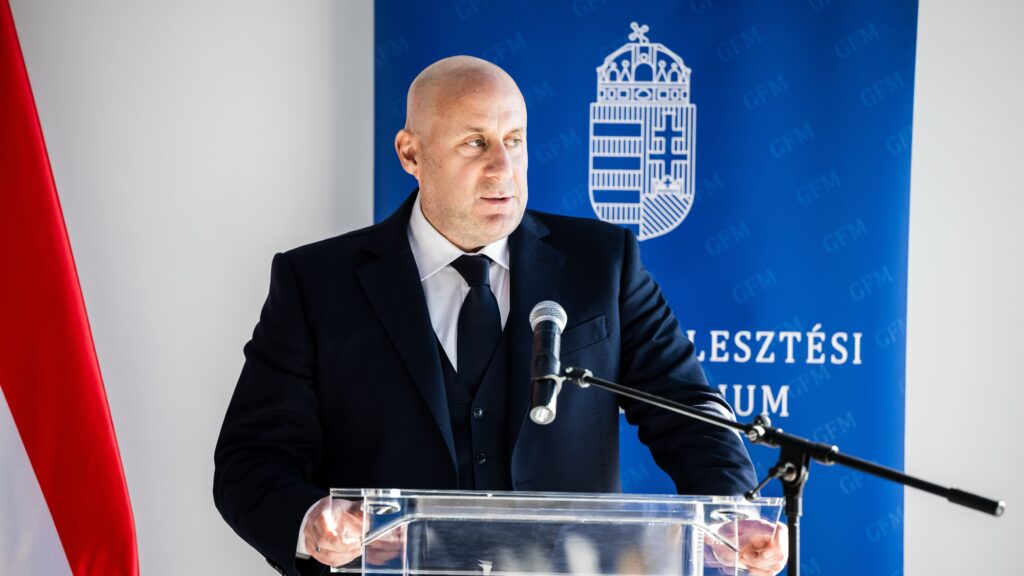
Hungary’s President, upon the recommendation of the Minister of Foreign Affairs and Trade, has appointed Chairman of the 4iG Group Gellért Jászai as Ambassador Extraordinary and Plenipotentiary for the development of international business relations to promote Hungary’s economic interests abroad.

Hungarian researchers have developed new space weather data products to enhance the accuracy of forecasting solar-driven phenomena that impact satellites and Earth-based technology. The innovation, led by the HUN-REN Institute of Geophysics and Space Science, will help mitigate risks posed by extreme space weather events.

The Hunyadi series represents a significant leap forward for the Hungarian film industry, offering a ten-part international co-production that brings the life of János Hunyadi to screens worldwide through compelling storytelling and exceptional talent.
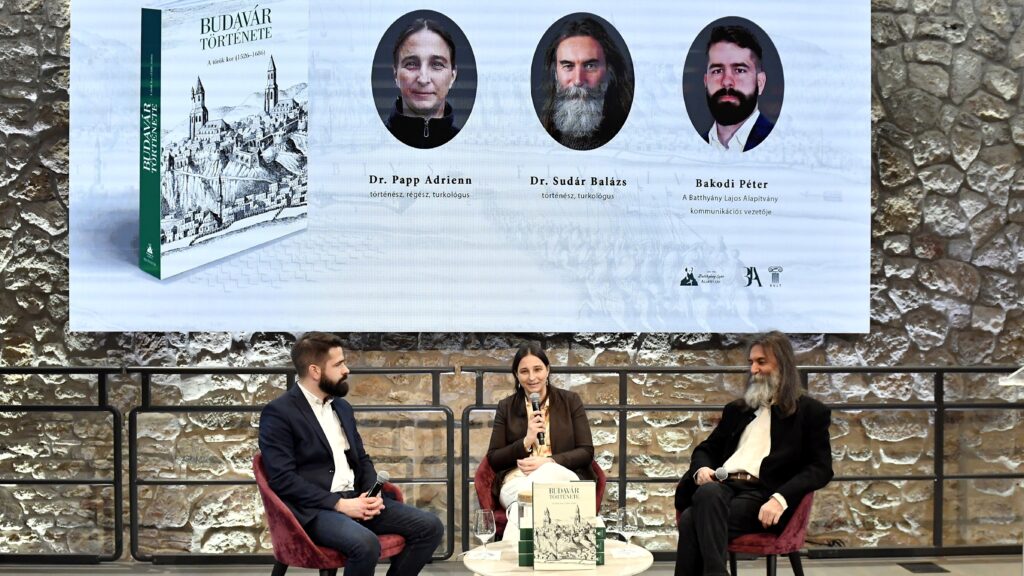
The Batthyány Lajos Foundation has presented the first volume of its new series on the history of the Castle District, covering the Ottoman period from 1526 to 1686. The richly illustrated work aims to serve both the general public and academic audiences.

Seven Hungarian companies have been included in the Financial Times’ FT1000 list of Europe’s fastest-growing firms, with solar energy provider A1 Solar securing an impressive 12th place, highlighting Hungary’s growing presence in the European market.
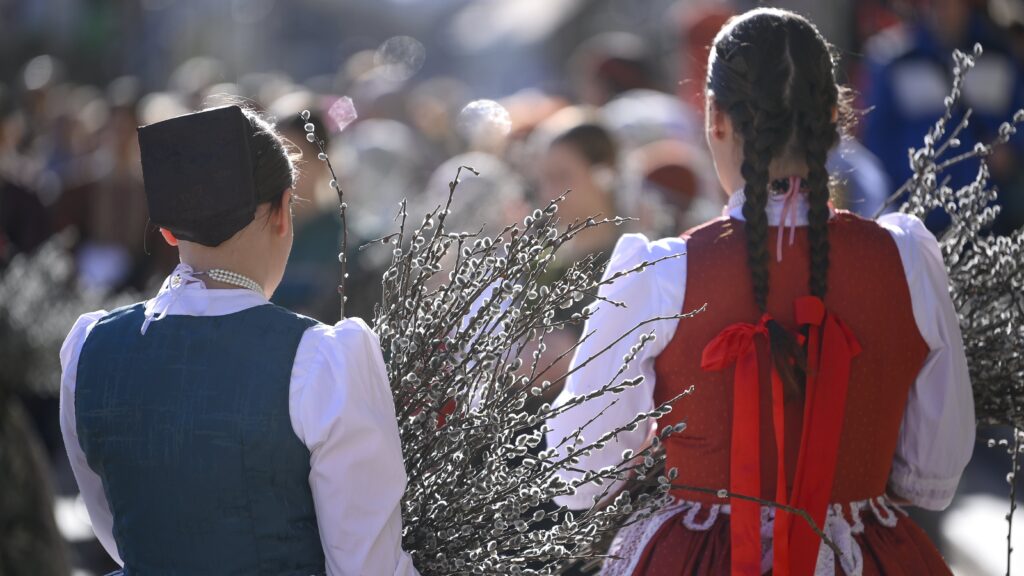
Lent, the forty-day period of preparation for Easter, begins on Wednesday, marking a time of repentance, reflection and self-denial as Christians ready themselves to celebrate the resurrection of Jesus through prayer, reconciliation and sacrifice.
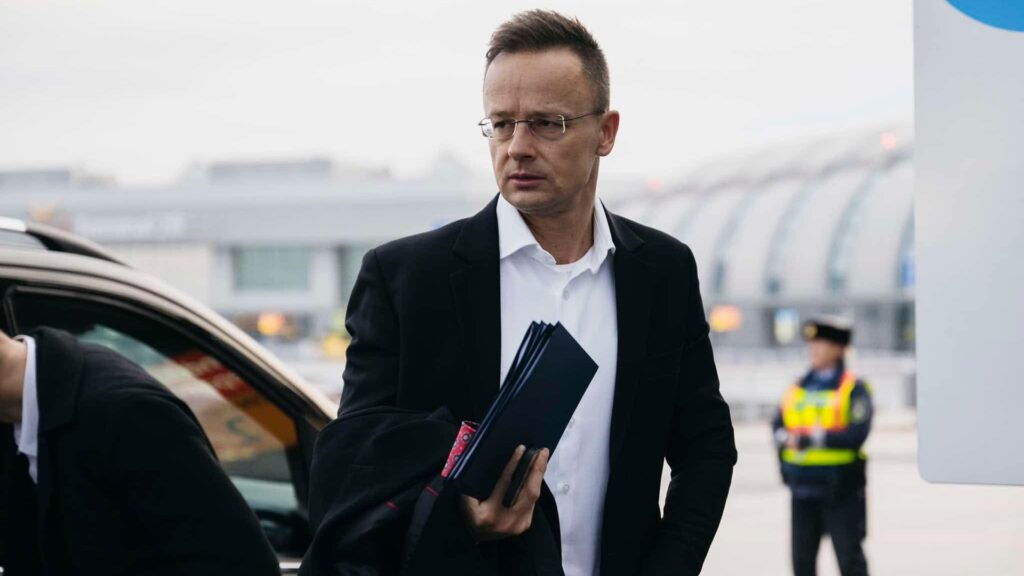
Hungary maintains regular dialogue with the US administration as it advocates for peace in Ukraine, Foreign Minister Péter Szijjártó stated, while warning of irreconcilable differences within the EU regarding the continuation of the war.
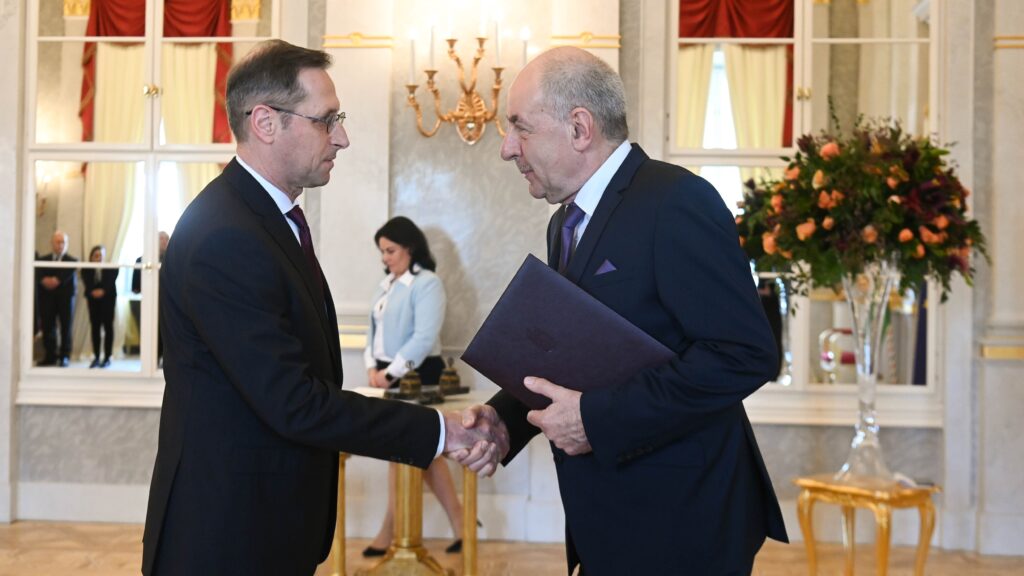
Hungary’s former Minister of Finance Mihály Varga was officially sworn in as the new Governor of the Hungarian National Bank on Monday, pledging to serve the interests of the nation during his six-year term starting this week.
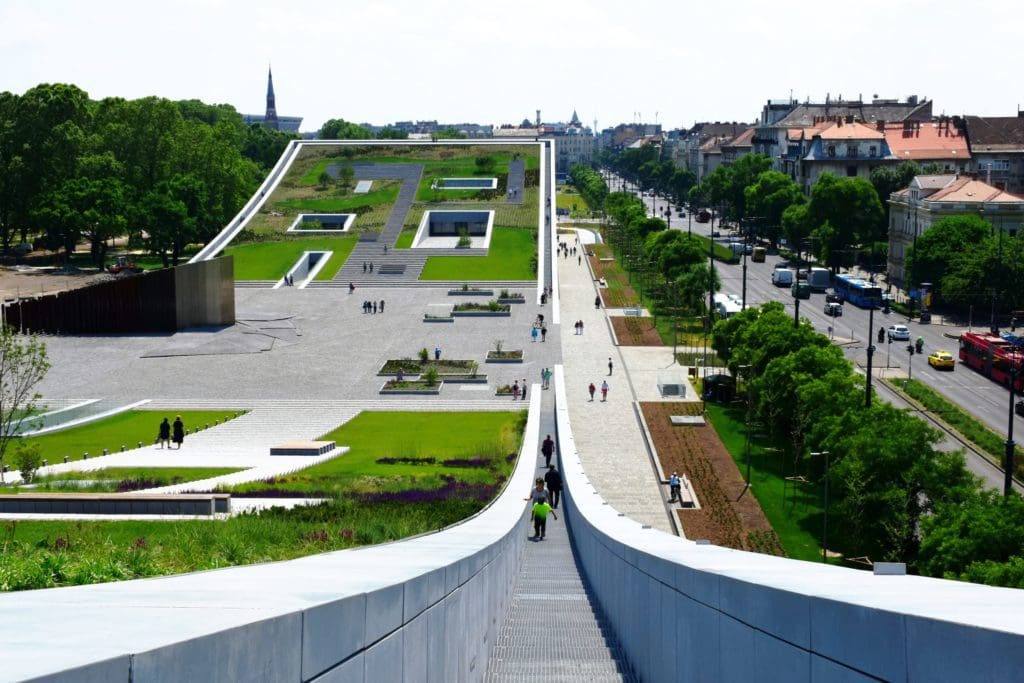
The Museum of Ethnography in Budapest will celebrate its 153rd anniversary on 5 March with a full day of free events, including the unveiling of a rare Hungarian photography exhibition, lectures, concerts, and interactive programmes.

Ahead of the upcoming EU summit, Hungarian Prime Minister Viktor Orbán has called on Brussels to abandon military escalation in Ukraine and instead initiate peace negotiations, advocating a diplomatic strategy inspired by US President Donald Trump.

Hungary has initiated an extensive inquiry into the financial activities of the United States Agency for International Development, aiming to reveal the recipients of its funds within the country and to dismantle what officials describe as a deeply embedded international corruption network.
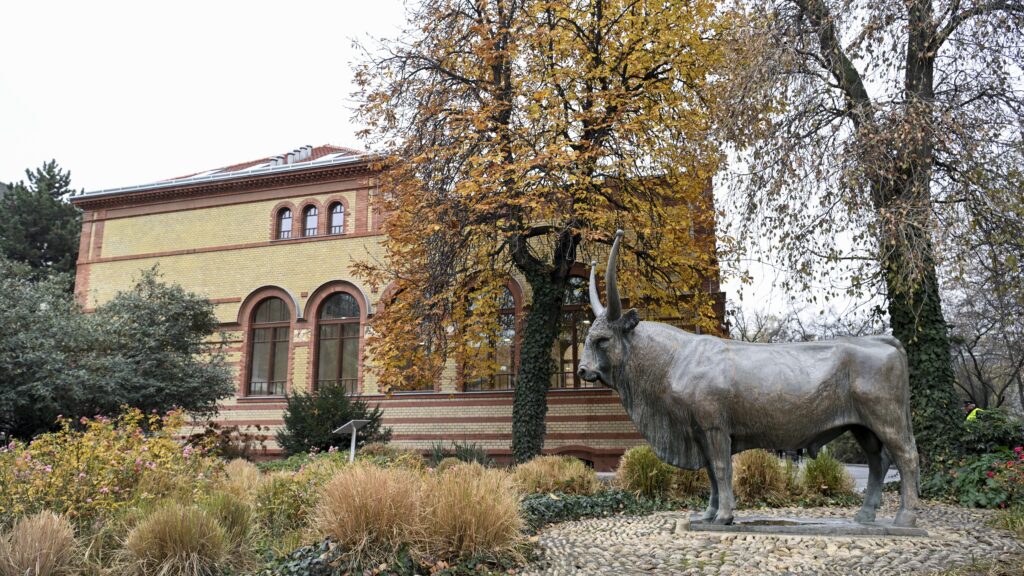
Hungary’s reformed universities have far exceeded expectations in the past four years, significantly improving their international rankings and student enrolment. At the University of Veterinary Medicine Budapest’s graduation ceremony, officials praised these institutions’ growing influence and ongoing government support.

Hungary’s government is ramping up efforts to expand its forested areas, aiming to increase forest coverage from 24 per cent to 27 per cent. Minister István Nagy highlighted the strategic importance of forests for environmental sustainability and livability, announcing substantial funding for afforestation and urban tree-planting initiatives.
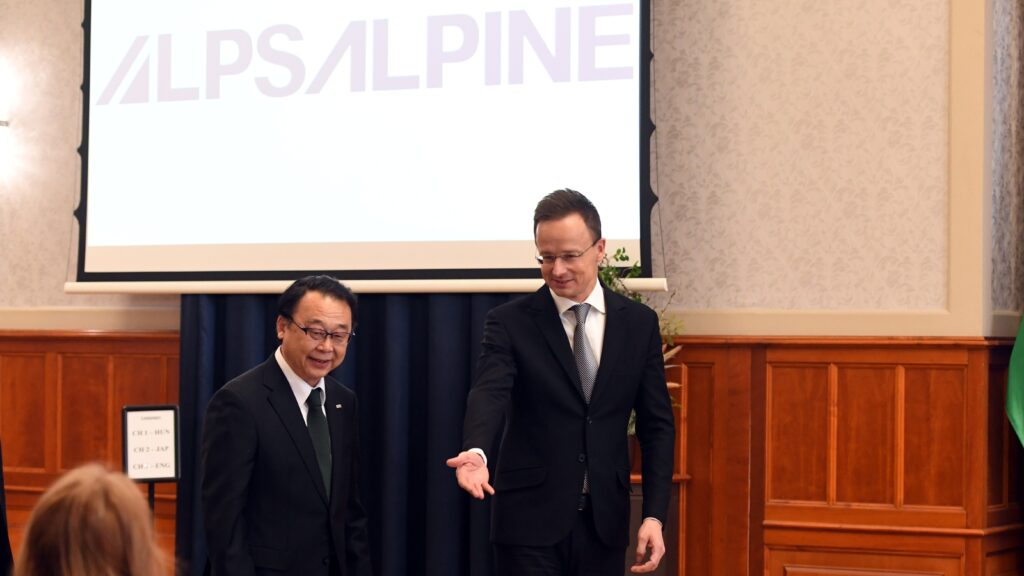
Hungary’s Opening to the East strategy has been one of the country’s most significant economic achievements over the past 15 years, according to Minister of Foreign Affairs and Trade Péter Szijjártó. Speaking in Budapest, he stressed that Hungary rejects an economic cold war and has greatly benefited from East–West cooperation.

Prime Minister Viktor Orbán has outlined his government’s ambitious plan to restructure Hungary’s tax system with families at its core. In a radio interview, he reaffirmed his commitment to boosting birth rates through tax benefits while pledging decisive action against inflation. He also addressed international affairs, domestic security, and social policies, including measures against drug trafficking and gender ideology in schools.

In a groundbreaking medical development, Hungary has successfully administered its first CAR-T cell therapy to two children with leukaemia at the South-Pest Hospital Centre. This cutting-edge immunotherapy, which genetically modifies a patient’s own immune cells to fight cancer, marks a significant step forward in paediatric oncology.

US President Donald Trump has expressed approval of Ukrainian President Volodymyr Zelenskyy’s possible visit to Washington on Friday to sign a US–Ukraine economic partnership agreement. Calling it a ‘major deal’, Trump emphasized its significance, particularly regarding rare minerals and broader economic cooperation.

A recent survey by the National Media and Infocommunications Authority (NMHH) reveals that only 17 per cent of Hungarian sports fans find it acceptable that UEFA Champions League matches are available exclusively through RTL’s subscription-based streaming service. Many remain unwilling to pay for access.
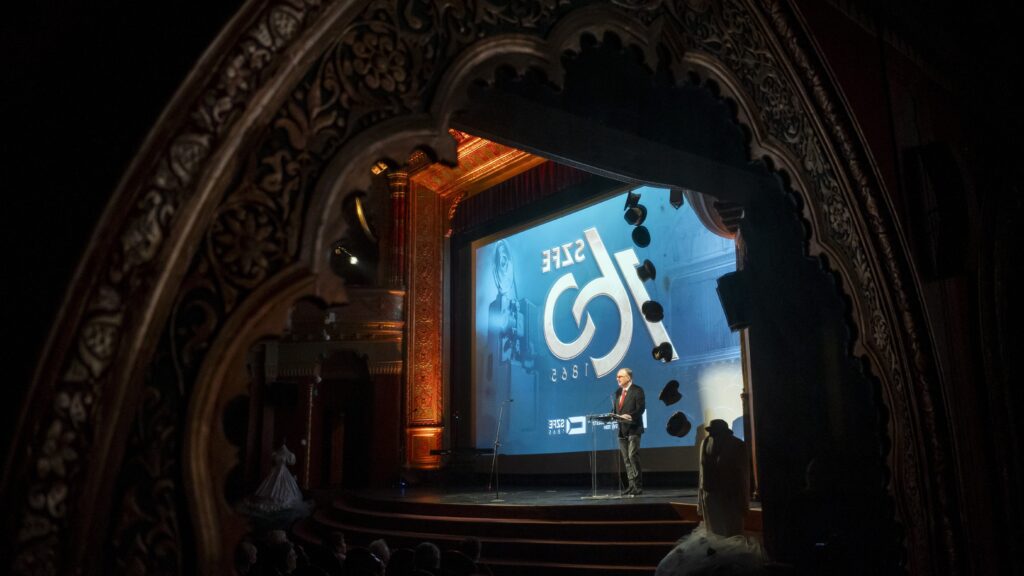
The University of Theatre and Film Arts (SZFE) celebrated its 160th anniversary with a grand gala at Uránia National Film Theatre. Founded in 1863, the institution has played a defining role in Hungary’s cultural heritage, shaping generations of theatre and film professionals.

Hungary is set to become the first country in the world to implement a nationwide e-receipt system, a move expected to enhance fair competition, simplify administration for businesses, and strengthen consumer protection. The initiative is already attracting international interest.
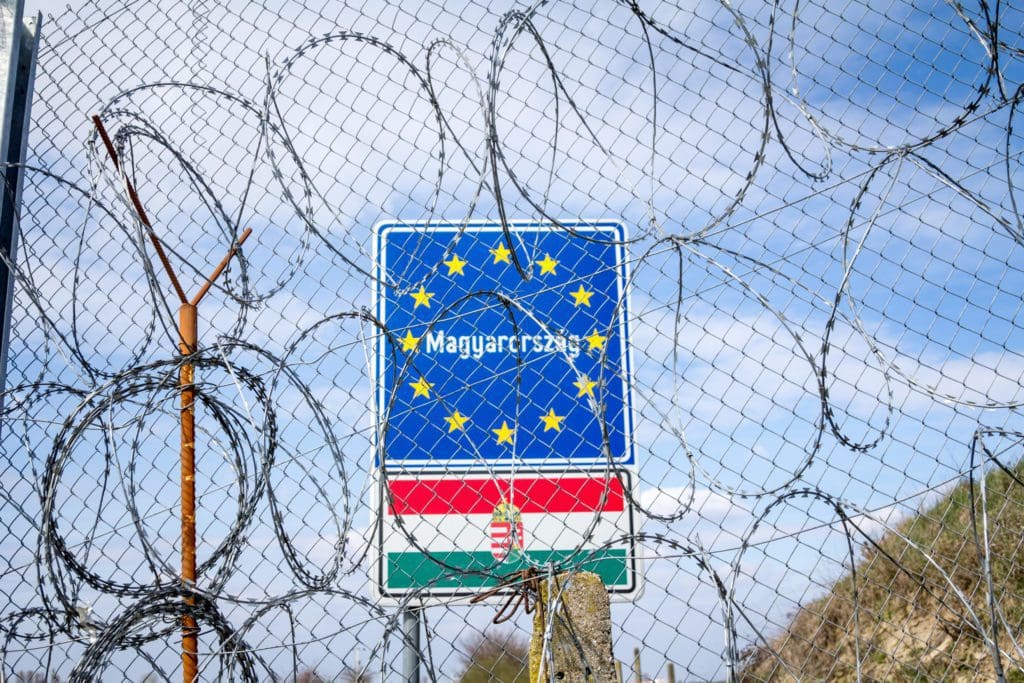
Hungary remains committed to its strict migration policy, which enjoys broad public support, according to Prime Minister Viktor Orbán’s chief security adviser György Bakondi. Speaking on national television, he stressed that Hungary prioritizes national security and aims to influence European migration policies.
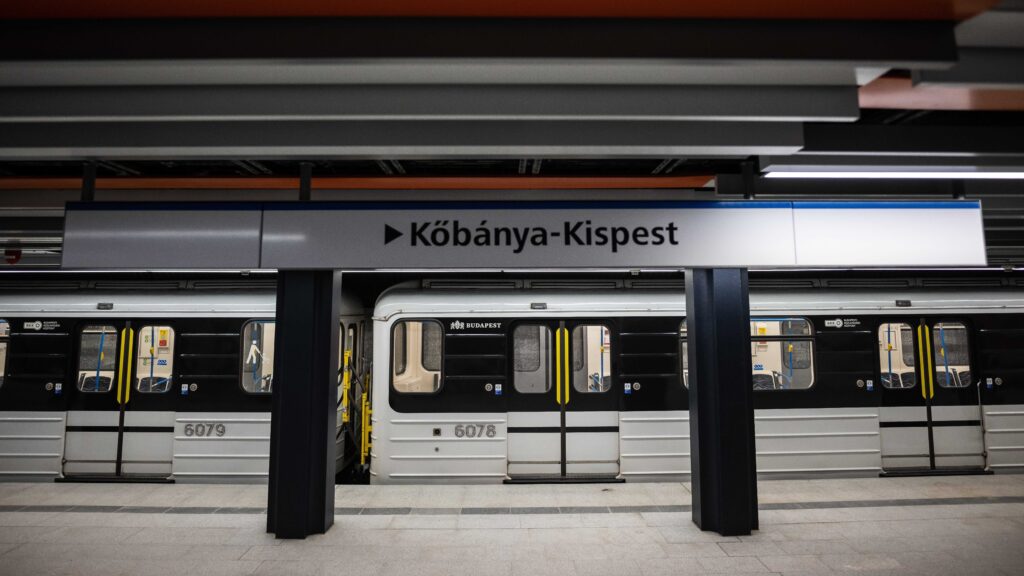
The refurbishment of Budapest’s Metro Line 3 included a complete reconstruction of its train carriages by a Russian partner, BKV confirmed. Although the project was initially described as a renovation, the trains’ structures were entirely rebuilt due to their poor condition.
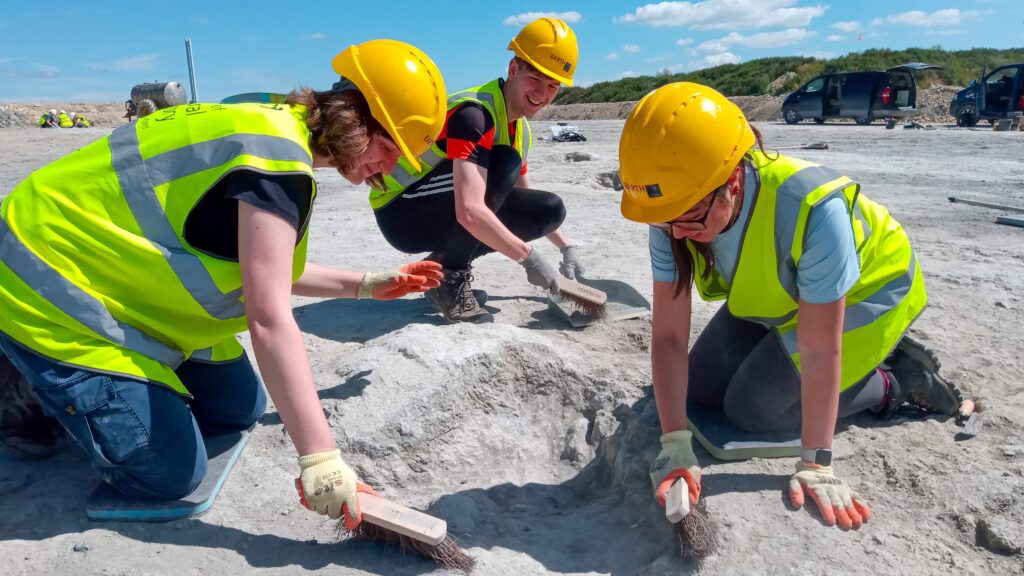
A team of international researchers has identified two new dinosaur species from Romania’s Hațeg Basin, challenging long-held assumptions about insular dwarfism in Transylvanian dinosaurs. One of the newly described species was unexpectedly large, raising fresh questions about the region’s prehistoric ecosystems.

Hungarian researchers have developed new space weather data products to enhance the accuracy of forecasting solar-driven phenomena that impact satellites and Earth-based technology. The innovation, led by the HUN-REN Institute of Earth Physics and Space Science, will help mitigate risks posed by extreme space weather events.
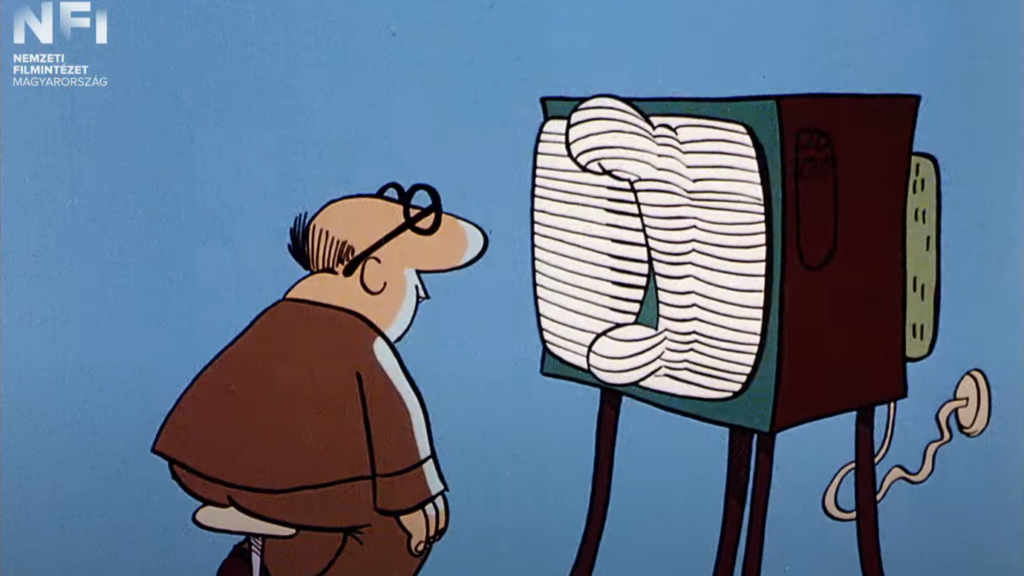
The first Hungarian Animation Pitch Forum, set to take place on 28 March at Budapest’s Toldi Cinema, has received 53 submissions across various categories. Organized with support from the National Film Institute, the event will offer Hungarian creators a pathway to present their work at the prestigious Annecy International Animation Festival.

Batteries currently offer the most cost-effective, space-efficient, and practical solution for storing excess energy, according to physicist Ádám Vida of the Bay Zoltán Research Institute. Speaking on the Blue Planet podcast, he discussed energy storage challenges and ongoing technological advancements.
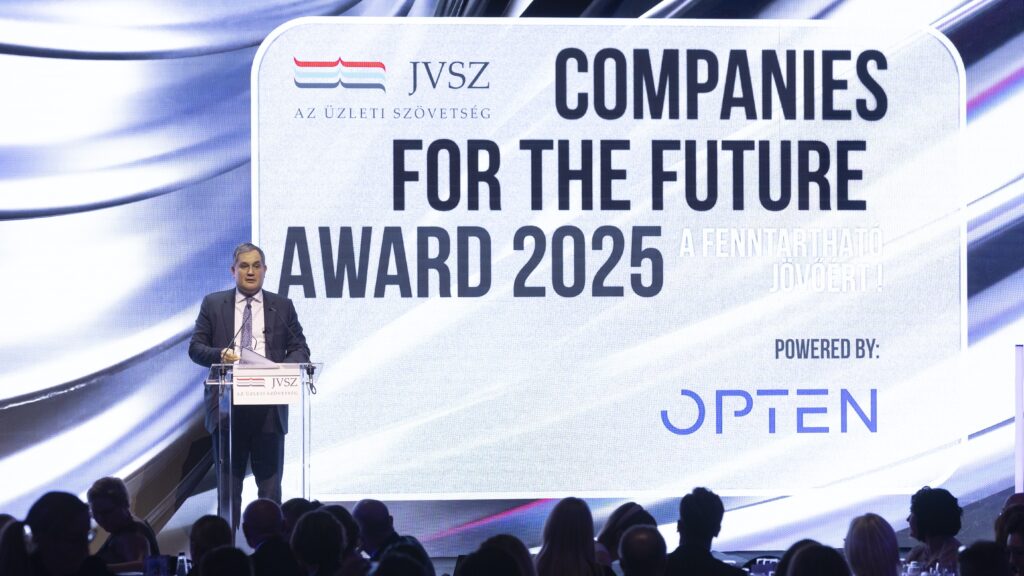
Hungary is on the brink of an economic breakthrough, with at least eight key indicators pointing to a positive shift, according to Minister for National Economy Márton Nagy. Speaking at the Companies for the Future Award gala in Budapest, he highlighted rising employment, real wage growth, and surging industrial activity as critical factors.

Hungarian Conservative is a quarterly magazine on contemporary political, philosophical and cultural issues from a conservative perspective.